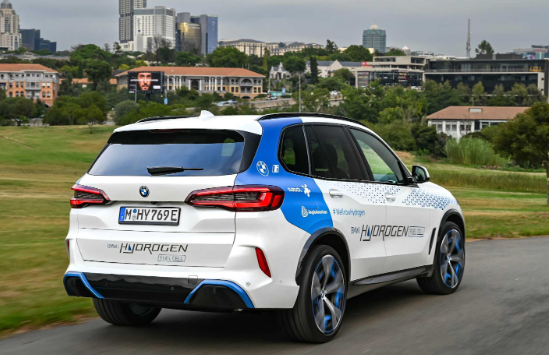The global shift towards sustainable and cleaner energy sources has fueled interest in hydrogen-powered vehicles. In South Africa, where energy security and environmental concerns are critical, hydrogen cars present an exciting and viable option for the future. This article explores the prospects, challenges, and potential adoption of hydrogen cars in the country.
1. Understanding Hydrogen Cars
How They Work:
Hydrogen cars are powered by hydrogen fuel cells that produce electricity through a chemical reaction between hydrogen and oxygen. This electricity then drives the car’s motor.
Key Benefits:
- Zero Emissions: Hydrogen cars emit only water vapor.
- Quick Refueling: Filling up with hydrogen takes just a few minutes.
- High Efficiency: Offers longer driving ranges compared to traditional electric vehicles (EVs).
2. Why Hydrogen Cars Matter for South Africa
South Africa has unique energy challenges and opportunities that make hydrogen cars a compelling option.
Environmental Benefits:
- Reducing Carbon Footprint: Hydrogen vehicles can significantly cut down greenhouse gas emissions.
- Clean Energy Transition: Supports the country’s efforts to adopt greener technologies.
Economic Opportunities:
- Hydrogen Production: South Africa has abundant platinum resources, crucial for fuel cell production.
- Job Creation: Developing a hydrogen economy can create employment in production, maintenance, and infrastructure development.
3. Current Hydrogen Infrastructure in South Africa
Status and Development:
Hydrogen refueling stations are currently limited in the country, but plans are underway to develop a robust hydrogen infrastructure.
Government Initiatives:
The South African government has shown interest in the hydrogen economy, with investments in research and partnerships with global stakeholders.
Industry Collaborations:
Local and international automotive companies are exploring opportunities to bring hydrogen-powered vehicles to the South African market.
4. Challenges to Adoption
Infrastructure:
The lack of hydrogen refueling stations is a significant barrier.
Cost:
Hydrogen cars are currently expensive due to high production costs.
Public Awareness:
Limited knowledge about hydrogen technology among consumers.
5. The Road Ahead: Adoption Strategies
Building Infrastructure:
Investment in refueling stations across major cities and highways.
Government Support:
Incentives and subsidies for manufacturers and consumers to encourage adoption.
Consumer Education:
Awareness campaigns to inform the public about the benefits and safety of hydrogen cars.
6. Where to Find the Latest Updates and Resources
For updates on automotive advancements, including hydrogen technology, visit iMoto News. If you are considering purchasing a vehicle, including hybrid and second-hand options, check out Auto24 for great deals.
Conclusion
The future of hydrogen cars in South Africa holds immense potential. While challenges remain, advancements in infrastructure, technology, and government support could pave the way for a cleaner, greener transportation landscape. As South Africa continues its journey toward sustainability, hydrogen vehicles are poised to play a crucial role.





